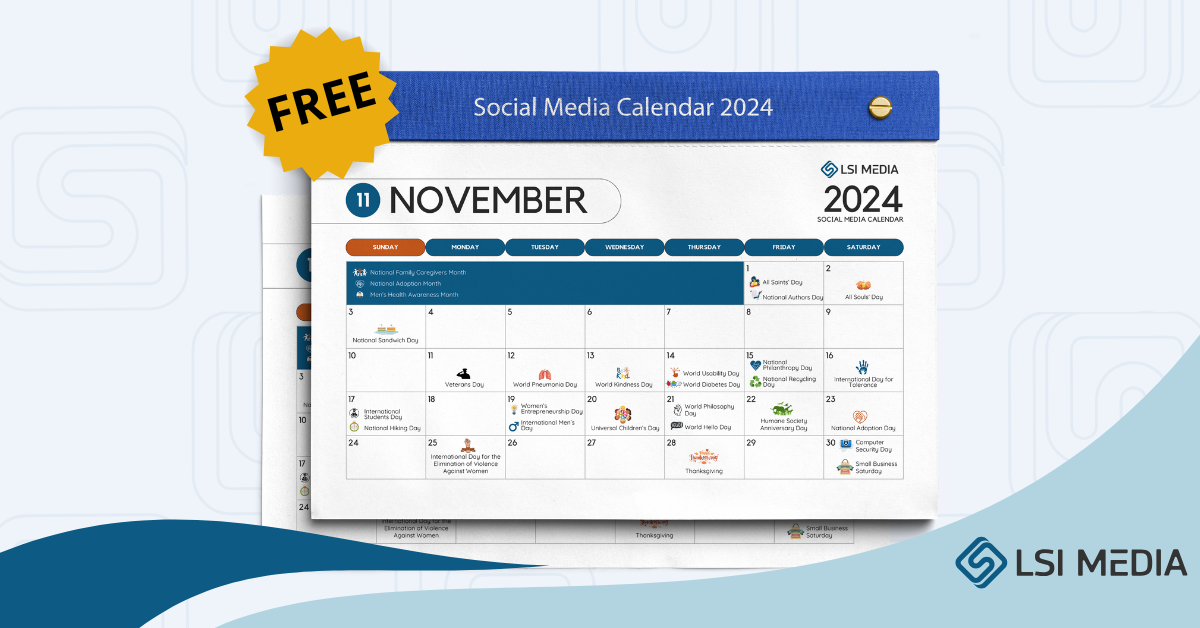In Conclusion
Content marketing is a powerful state that continues to evolve and shape the digital marketing landscape. It has proven to be an effective strategy for businesses of all sizes and industries, driving customer engagement, brand awareness, and ultimately, revenue growth.
The ability to create and distribute valuable and relevant content has allowed companies to establish themselves as thought leaders, build trust with their audience, and drive organic traffic to their websites. Additionally, content marketing enables businesses to establish strong relationships with their customers by providing valuable information and educational resources that fulfill their needs and interests.
This not only enhances the customer experience but also increases customer loyalty and retention. With the rise of digital platforms and the ever-increasing amount of information available to consumers, content marketing offers businesses a way to cut through the noise and stand out in a crowded marketplace.
It allows them to connect with their target audience on a deeper level, personalizing their marketing efforts and delivering tailored messages that resonate with their specific pain points. As technology continues to advance and consumer expectations evolve, content marketing will continue to play a vital role in helping businesses connect with their target audience and drive meaningful results.
FAQs:
1. What is content marketing?
Content marketing is a strategic approach to marketing that focuses on creating and distributing valuable, relevant, and consistent content to attract and retain a clearly defined audience. It aims to drive profitable customer action by providing informative and engaging content that is aligned with the audience’s interests and needs.
2. Why is content marketing important?
Content marketing is important because it has the power to build brand awareness, establish thought leadership, engage and nurture leads, drive website traffic, and ultimately increase conversions and sales. It allows businesses to connect with their target audience on a deeper level and provide value before asking for anything in return.
3. How does content marketing help with search engine optimization (SEO)?
Content marketing plays a crucial role in SEO as search engines prioritize high-quality, relevant content. By consistently creating valuable content that incorporates relevant keywords and provides valuable information, businesses can improve their organic search rankings and increase visibility in search engine results pages. Additionally, content marketing can attract backlinks from other websites, which is another important factor in SEO.
4. What are the key elements of a successful content marketing strategy?
A successful content marketing strategy involves several key elements, including:
- Target audience: Clearly define your target audience and understand their needs and pain points.
- Goals and objectives: Setting clear goals and objectives that align with your overall business objectives.
- Content creation: Creating high-quality, valuable content that is relevant to your audience.
- Content distribution: Develop a plan to distribute and promote your content through various channels.
- Measurement and analysis: Tracking and analyzing the performance of your content to make data-driven improvements.























